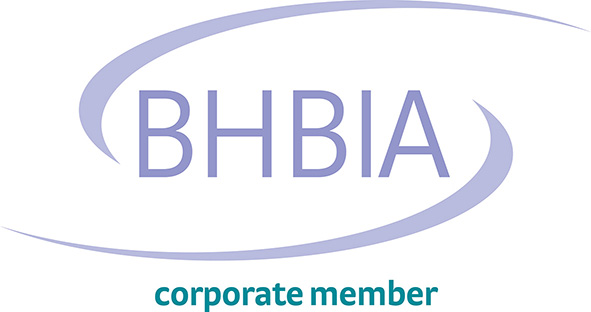Why Choose Us?

Some Of Our Services
Tunisia Market Research
Tunisia Market Research – Tunisia, a country in North Africa. The discovery of Tunisia’s Mediterranean coastline and strategic location has attracted tourists and tourists throughout the years, and its convenient access to the Sahara has connected its people with the people within Africa. According to Greek mythology, Didid, the princess of Tire, was the first foreigner to settle among the indigenous peoples of what is now Tunisia when he founded the city of Carthage in the ninth century BCE. Although this story is quite apocryphal, Carthage nevertheless grew into one of the great cities and great powers of ancient times, and its colonies and entrepôts were scattered throughout the western Mediterranean. Carthage fought a series of battles with its rival, Rome. Rome conquered during the 2nd century BCE, overthrew Carthage, and ruled over the region for the next 500 years. In the seventh century, Arab conquerors converted the Berber (Amazigh) natives of North Africa into Islam. This area was ruled by a succession of Muslim kings and empires until the French colonial rule in the late 19th century. After gaining independence in 1956, Tunisia pursued a progressive social system and sought to modernize its economy under two long-serving presidents, Habib Bourguiba and Zine al-Abidine Ben Ali. However, Tunisia remained a dictatorship with a powerful ruling party and no significant institutions of representative government.
Tunisian culture is very different, in part because of the longer periods of Ottoman rule and then France but also because of the fact that Jewish and Christian peoples lived among the majority of Muslims for centuries. Similarly, the capital, Tunis, combines ancient Arab and Muslim socks with modern-style office buildings in one of the most beautiful and fascinating cities in the region. Other cities include Sfax (Ṣafāqis), Sousse (Sūsah), and Gabès (Qābis) on the fertile coast as well as Kairouan (Al-Qayrawān) and El-Kef (Al-Kāf) in the arid interior.
Tunisians are independent and proud of the rich mix of indigenous and foreign influences that make up their national identity. Their Arab and Muslim homeland was steeped in French culture during the 75 years of the defender, which ended in 1956. Tunisia, an export-oriented country, is embroiled in a campaign to liberate and facilitate economic trade that, while estimating 5% GDP growth since the early 1990s, has plagued corruption that benefits political elites. The Tunisian Penal Code commits crimes against various forms of corruption, including active and indirect bribery, office abuse, embezzlement, and anti-corruption interests, but the anti-corruption framework is not enforced effectively. However, according to the Corruption Perceptions Index published annually by Transparency International, Tunisia was designated as the most corrupt country in North Africa in 2016, with 41 points. Tunisia has a diverse economy, ranging from agriculture, mining, manufacturing, and fuel. products, in tourism. In 2008 it had a GDP of US $ 41 billion (official exchange rates), or $ 82 billion (electricity purchases).
The agricultural sector accounted for 11.6% of GDP, industry 25.7%, and services 62.8%. The industrial sector is mainly made up of clothing and footwear, the production of car parts, and electronics. Although Tunisia has managed to grow by 5% over the past decade it continues to suffer from unemployment especially among the youth. Tunisia in 2009 was ranked as the most competitive economy in Africa and 40th in the world by the World Economic Forum. Tunisia has been able to attract many international companies such as Airbus and Hewlett-Packard.
Tunisian natural resources are relatively small. Until gasoline was discovered, the main mineral was phosphate; of this, one-third is exported, and the remainder is used in the domestic chemical industry. Fertilizer is also an important export. Other major sources of minerals are zinc, lead, barite, and iron.
Tunisia has plans for two nuclear power stations, which will be operational by 2020. Both facilities are expected to produce 900-1000 MW. France will now be a key partner in Tunisia’s nuclear power programs, having signed an agreement, with other partners, to provide training and expertise. Since 2015, Tunisia has abandoned these plans. Instead, Tunisia is considering alternative ways to increase its energy mixes, such as renewable energy, coal, shale gas, renewable natural gas, and building seawater and Italy power connections.
Tunisia Market Research – 1+1 Research ( 1Plus1 Research ) is one of the top market research company in Tunisia providing quantitative and qualitative research services. We are committed to providing high-quality data collection, opinion mining, and sentiment analysis to companies worldwide. Our Tunisia Market Research team can recruit difficult to reach audiences from different geographies, cultures, and business sectors to get insights required at different stages of product development and product life cycle.



